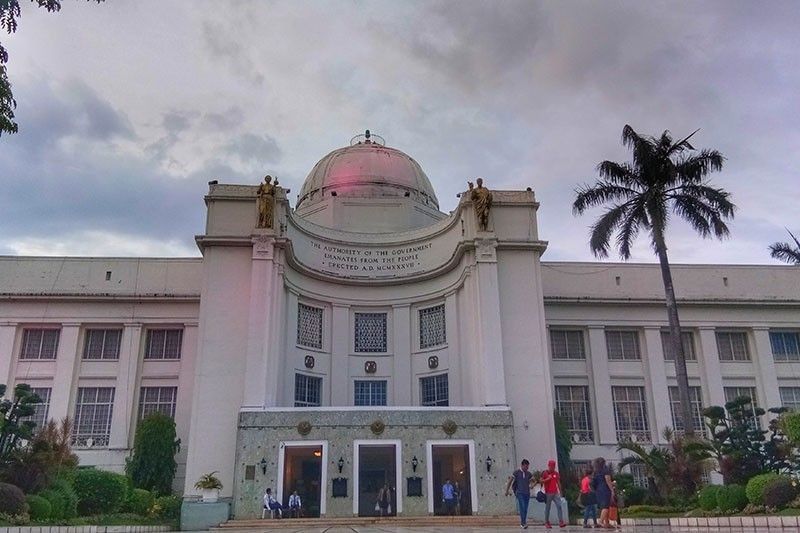Cebu governor supports asking UK gov’t to lift travel advisory on parts of island

MANILA, Philippines — Cebu Gov. Hilario Davide III Monday said he supports the move of a Philippine Cabinet official to ask the UK government to lift the travel warning it issued over towns on the southern part of the island following the Jolo bombing.
“I think that's a good idea para we'd know what their reason is,” Davide said in a statement in a mix of English and Cebuano.
Following a travel advisory updated by the United Kingdom on January 27 due to the twin bombings at a cathedral in Jolo, Sulu, top law enforcement and local government heads in Cebu assured the public that the tourism-reliant province is “safe.”
Vice Governor Agnes Magpale said she has “the same questions” on the basis of the travel warnings.
“In the same manner that [the municipality of] Dalaguete has been included a few months back. I support the move of OPAV (Office of the Presidential Advisor for the Visayas),” Magpale said.
She was referring to a statement made Sunday by Presidential Assistant for the Visayas Michael Dino who said in an interview with state-run Philippine News Agency that he would take up the lifting of the travel advisory with the UK government through a letter.
No basis?
Dino, whose role is to advise the president regarding matters affecting the Visayas, said there was “no basis at all” for the travel advisories.
The governments of the United States and the United Kingdom have been issuing travel advisories since 2016 on and off for the southern part of Cebu, an area which had been relatively isolated from terror attacks before.
In the latest travel advisory, towns “up to and including” Badian and Dalaguete are the only parts outside of Mindanao included “due to the threat of terrorism.”
These towns have been consistently included in those advisories. In November 2016, for example, the United States government issued a warning on the same areas due to alleged kidnap threats. This warning was specific to the towns of Dalaguete and Santander, also in the south.
Then Presidential Spokesperson Ernesto Abella said they had also received unvalidated reports of plans to stage kidnappings in the area.
Tourism concerns
Dino said he would ask why the advisories “always” included these towns, an area known for its beach resorts and other tourist activities. He said he was wary that the travel ban could affect the tourist arrival count this year.
According to data from the Department of Tourism, tourist arrivals in the Central Visayas reached over 6.8 million in 2018.
Dino said during an inter-agency security summit last Sunday that the terror threat was “zero” percent in Cebu.
This was a similar response to an advisory issued on April 9, 2017 by the US Embassy, which said the American government received “unsubstantiated yet credible information” that terrorist groups may attempt to stage kidnappings in the Central Visayas, including Cebu and Bohol.
“How can we have an information that is unsubstantiated and at the same time credible? That travel advisory is pregnant with oxymoronic expression that needs to be clarified,” Dino said in a press statement then.
This countered the information of then-Philippine National Police chief Ronald “Bato” dela Rosa, however, who said on April 10 that they were actually monitoring a serious threat.
That same week on April 11, the Philippine military clashed with members of the Abu Sayyaf in the town of Inabanga, Bohol, directly across the strait from Cebu City.
That armed encounter lasted about one month, leaving at least 11 members of the terrorist group dead and six military and police officers injured.
Police visibility heightened
Although this time police downplayed the UK’s advisory, they did say they would increase police visibility on the southern part of the island as well as station a Coast Guard vessel to patrol the area.
Malacañang spokesperson Salvador Panelo gave assurance that the Philippines remains safe despite the travel warning issued by the UK.
READ: ‘Philippines safe, no spillover of Mindanao violence’
“We would like to assure the general public that they can go about their normal activities. Our country is still a safe haven,” he said, calling the attacks in Mindanao “isolated incidents.”
- Latest
- Trending





























